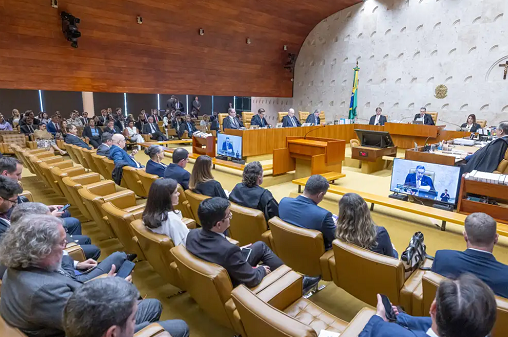
The Supreme Federal Court of Brazil established that coordinated lawsuits against journalists are a form of judicial harassment and also set the precedent that errors are an intrinsic part of the profession. Experts consider the actions positive and important steps, but say they’re insufficient to end abuse of the courts against the press.
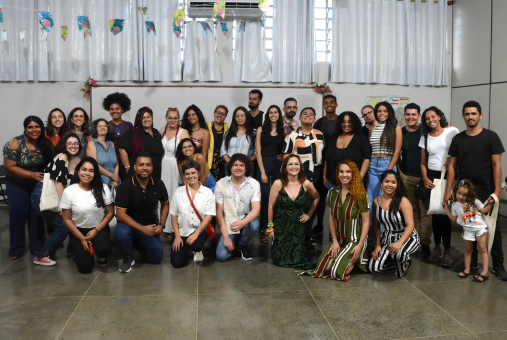
Ten local journalism organizations in Brazil’s five regions are participating in the Caravana project, run by the Brazilian Association of Investigative Journalism (Abraji). Local communities have been prominent in this process, which helps to establish a local sustainability network. LJR spoke with Coreto (Bahia) and Fala Roça (Rio de Janeiro) about participating in the project.

Newspaper Correio do Povo, based in Porto Alegre, Brazil, has covered Rio Grande do Sul for almost 130 years. The floods that devastated the state in the first week of May took over the newspaper's headquarters and the homes of its journalists. The publication and its staff are trying to maintain their commitment to journalism and inform their audience at the most critical moment in their history.
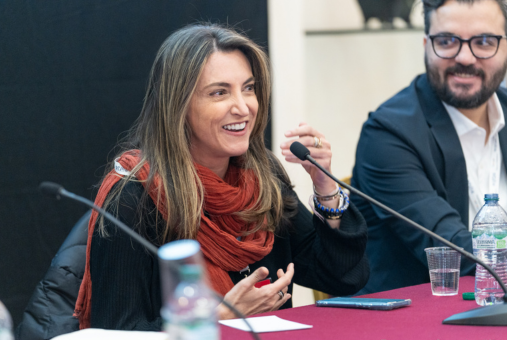
The importance of monitoring disinformation in political campaigns, the risks of using social networks to influence public discourse and the current role of fact checking were some topics that panelists from Argentina, Brazil and Mexico addressed at the International Journalism Festival 2024, in Perugia, Italy.
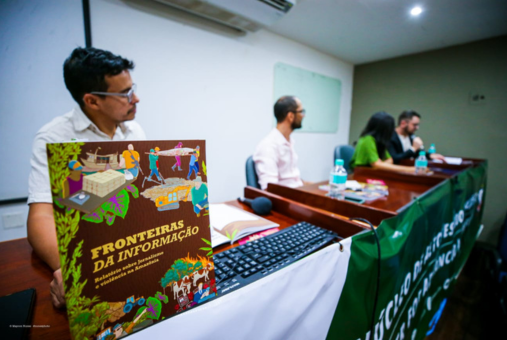
In a report from the Vladimir Herzog Institute, 10 journalists and communicators told how they have suffered threats and attacks for reporting on activities like mining and logging in the Brazilian Amazon. The document also offers safety tips and presents protective resources that journalists can turn to if they are in danger.

Digital media outlets CIPER (Chile), Agência Pública (Brazil) and La Antígona (Peru) have innovative financing models involving their audiences that have allowed them simultaneously to support themselves financially and strengthen their bonds with readers. These media shared 10 strategies to optimize reader contributions.
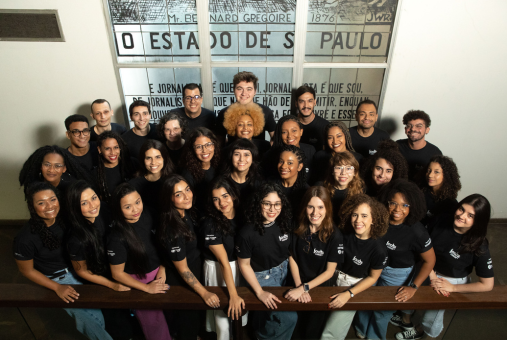
Brazilian journalism faces challenges in academic training and in newsrooms. While many journalism courses tend towards theory and develop practice sparingly, training programs promoted by media outlets seek to fill the gaps. Programs from newspapers Folha de S. Paulo and Estadão, active for over 30 years, more recently began to prioritize diversity.
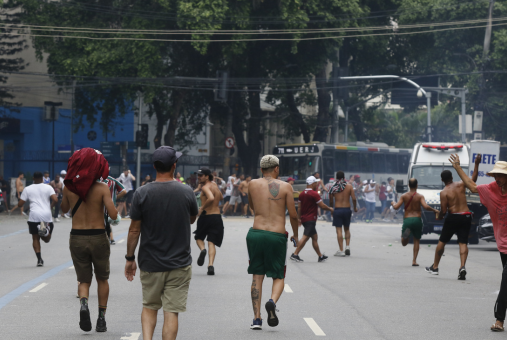
Cases of beatings, attacks and insults from fans against journalists have multiplied in many countries in Latin America. Behind the attacks, there may be new codes of conduct among violent fans and a deep intolerance for difference.
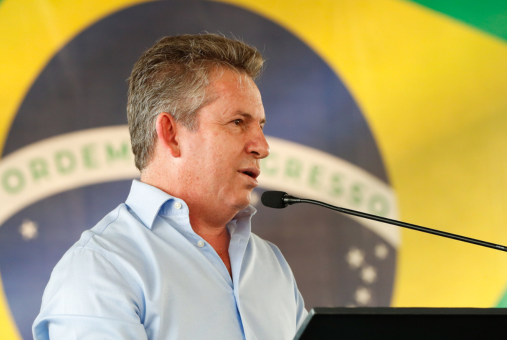
Eighteen journalists in Brazil face legal cases after publishing about the state governor of Mato Grosso, Mauro Mendes. They argue that the police and judicial apparatus of the state is being used to silence voices that publish information unfavorable to the governor.
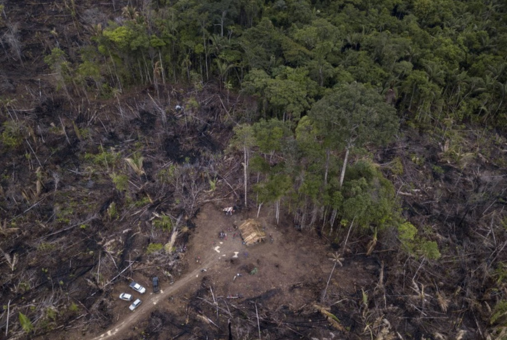
Environmental and climate journalists face extreme risks, including physical and legal threats, when reporting on environmental degradation, according to a new report from the International Press Institute. In Latin America, organized crime, businesses and corrupt state forces represent the main threats to these professionals, Barbara Trionfi, author of the report, told LJR.

With national reach and without equivalent in the country, Continente and Pernambuco magazines have recently undergone renovations. Financed by a publisher that belongs to the Pernambuco state government, the publications, which are 24 and 37 years old, are successful examples of a state-funded model of cultural journalism, but are not exempt from criticism.
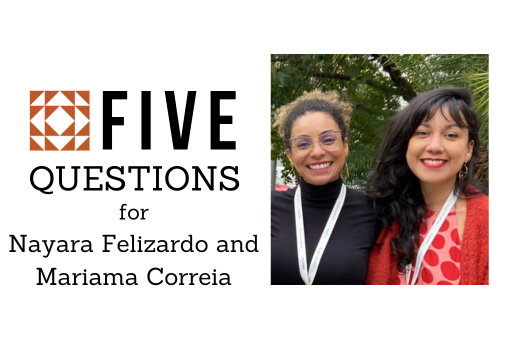
Mariama Correia and Nayara Felizardo are co-founders of Cajueira, launched in 2020 as a newsletter and today a network that promotes journalistic production in Northeast Brazil. They spoke with LJR about what has changed – and what has not changed – in coverage of the region, the strength of independent journalism carried out in the Northeast and Cajueira's next steps.